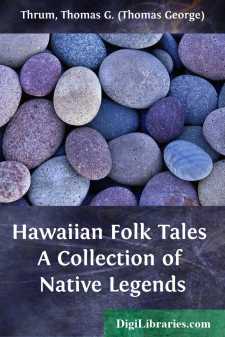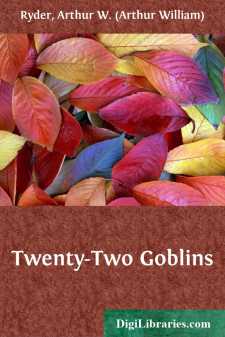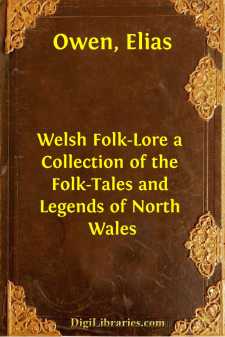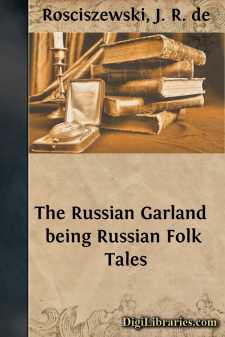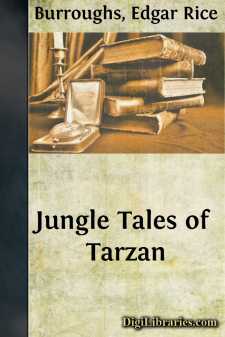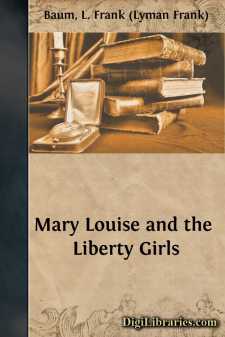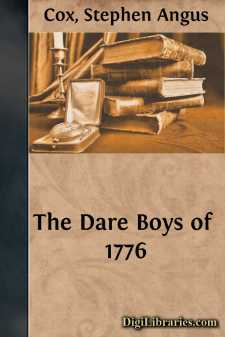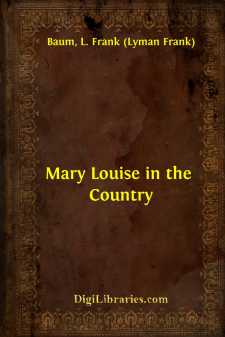Juvenile Fiction
- Action & Adventure 179
- Animals 188
- Biographical 1
- Boys / Men 133
- Classics 1
- Fairy Tales & Folklore 11
- Family 123
- General 262
- Girls & Women 187
- Historical 141
- Holidays & Celebrations 72
- Humorous Stories 2
- Imagination & Play 3
- Legends, Myths, & Fables 48
- Lifestyles 253
- Mysteries, Espionage, & Detective Stories 12
- Nature & the Natural World 3
- Religious 81
- School & Education 127
- Science Fiction, Fantasy, & Magic 12
- Short Stories 6
- Sports & Recreation 31
- Toys, Dolls, & Puppets 10
- Transportation 44
Juvenile Fiction Books
Sort by:
CHAPTER I "Father," exclaimed Tom Swift, looking up from a paper he was reading, "I think I can win that prize!" "What prize is that?" inquired the aged inventor, gazing away from a drawing of a complicated machine, and pausing in his task of making some intricate calculations. "You don't mean to say, Tom, that you're going to have a try for a government prize for...
more...
Past Memories Ceasing his restless walk up and down the room, Tom Swift strode to the window and gazed across the field toward the many buildings, where machines were turning out the products evolved from the brains of his father and himself. There was a worried look on the face of the young inventor, and he seemed preoccupied, as though thinking of something far removed from whatever it was his eyes...
more...
I Rev. C. M. Hyde, D.D. In the first volume of Judge Fornander’s elaborate work on “The Polynesian Race” he has given some old Hawaiian legends which closely resemble the Old Testament history. How shall we account for such coincidences? Take, for instance, the Hawaiian account of the Creation. The Kane, Ku and Lono: or, Sunlight, Substance, and Sound,—these constituted a triad named...
more...
INTRODUCTION On the bank of the Godavari River is a kingdom called the Abiding Kingdom. There lived the son of King Victory, the famous King Triple-victory, mighty as the king of the gods. As this king sat in judgment, a monk called Patience brought him every day one piece of fruit as an expression of homage. And the king took it and gave it each day to the treasurer who stood near. Thus twelve years...
more...
by:
Elias Owen
PREFACE To this Essay on the “Folk-lore of North Wales,” was awarded the first prize at the Welsh National Eisteddfod, held in London, in 1887. The prize consisted of a silver medal, and £20. The adjudicators were Canon Silvan Evans, Professor Rhys, and Mr Egerton Phillimore, editor of the Cymmrodor. By an arrangement with the Eisteddfod Committee, the work became the property of the...
more...
FOREWORD The special interest of this volume of Russian Folk Tales is that it is a translation from a collection of peasant Chap-books of all sorts made in Moscow about 1830, long before the Censorship had in great measure stopped the growth of popular literature. It is not necessary to dilate upon the peculiarities of Chap-books and their methods: in the conditions of their existence many of the...
more...
Tarzan's First Love TEEKA, STRETCHED AT luxurious ease in the shade of the tropical forest, presented, unquestionably, a most alluring picture of young, feminine loveliness. Or at least so thought Tarzan of the Apes, who squatted upon a low-swinging branch in a near-by tree and looked down upon her. Just to have seen him there, lolling upon the swaying bough of the jungle-forest giant, his brown...
more...
CHAPTER ITHE MASS-MEETING One might reasonably think that "all Dorfield" had turned out to attend the much advertised meeting. The masses completely filled the big public square. The flaring torches, placed at set intervals, lighted fitfully the faces of the people—faces sober, earnest, thoughtful—all turned in the direction of the speakers' platform. Mr. Peter Conant, the Chairman, a...
more...
Chapter I It was the fourth day of July of the year 1776. There was great excitement in all of the colonies of America at that time, for on this day the representatives of the people, gathered together in the city of Philadelphia, were to decide whether the Declaration of Independence, already drawn up, should be adopted and signed. In Philadelphia, as may well be supposed, the excitement was so...
more...
CHAPTER ITHE ARRIVAL "Is this the station, Gran'pa Jim?" inquired a young girl, as the train began to slow up. "I think so, Mary Louise," replied the handsome old gentleman addressed. "It does look very promising, does it?" she continued, glancing eagerly out of the window. "The station? No, my dear; but the station isn't Cragg's Crossing, you know; it is...
more...




